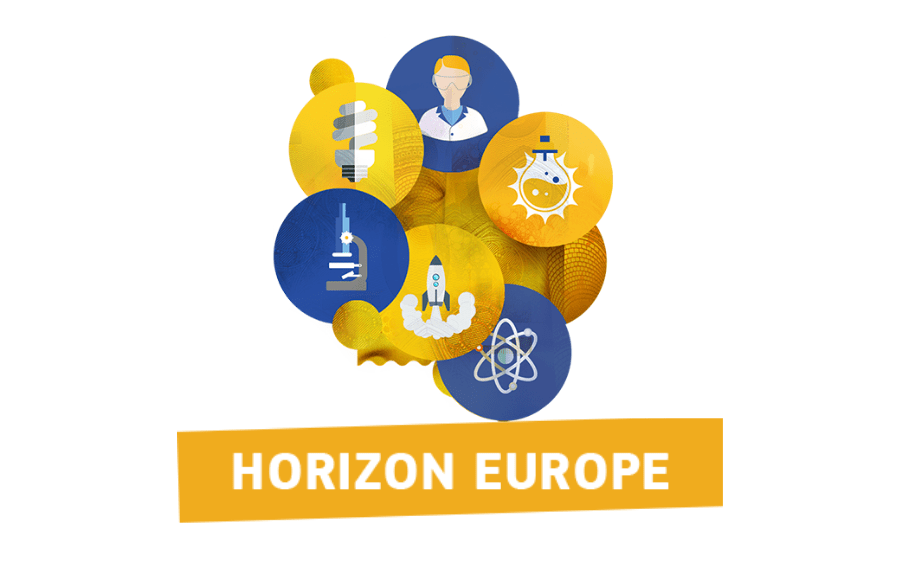A deal for associate membership is currently being negotiated, but the main issue is how much the UK would have to contribute to the seven-year programme in order to be included.

Leading UK scientists have rejected government plans to offer a UK alternative to the €95 billion research and innovation programme of EU, Horizon, arguing that the country’s future depends on its participation in important international programmes.
In an effort to reassure the scientific community, the government last week announced plans to create a £14 billion post-Brexit Horizon alternative that would take effect if ministers were unable to reach an agreement with Brussels on the terms of a “associate membership” of the EU programme.
A deal for associate membership is currently being negotiated, but the main issue is how much the UK would have to contribute to the seven-year programme in order to be included.
Ministers are concerned that Tory Brexiters who support leaving the EU will become upset if they learn that the UK will have to pay billions of pounds annually for a project in Europe when, in theory, the UK could do it alone. The ongoing conflict between London and Brussels over the Northern Ireland protocol halted discussions on UK associate membership in Horizon.
But following last month’s agreement on the Windsor framework, the science secretary, Michelle Donelan, travelled to Brussels last Tuesday for talks with Mariya Gabriel, the European commissioner in charge of Horizon.
Many senior British scientists are still concerned that the government is even considering a different British programme, which they claim would be a pale imitation of a European model that has supported numerous ground-breaking initiatives in which the UK played a key role.
Current Horizon-funded projects include enhancing the natural habitat for bees, which are important crop pollinators, and researching the development of the next generation of mRNA therapeutics in the wake of the success of Covid vaccines.
Many people worry that the alternative programme to Horizon, known as Pioneer, was created because the government has no plans to participate in the EU programme.
The head of the Francis Crick Institute in London and Nobel laureate Sir Paul Nurse told the Observer that he had great confidence in Donelan but that failure to reach an agreement to allow Britain to rejoin the Horizon programme would have dire consequences.
He said, “I would be very worried indeed if we are not in Horizon. “I believe that would seriously harm UK science efforts, with repercussions felt everywhere, including in industry, the green economy, were Nurse,sustainable growth, and environmental protection.
“If we don’t partner with Europe’s Horizon programme, it will hurt everywhere where science and technology matter.” One of the 15 UK Nobel laureates who wrote to Rishi Sunak earlier this year to emphasise the value of maintaining close scientific ties between Britain and Europe was Nurse. I believe he is fully aware of the intensity of the scientific community’s feelings.
There are three major scientific research blocs, Nurse says: North America; east Asia, around China; and Europe.
“If we are not part of those blocs, which we would not be if we do not join Horizon, we will become rather lonely. We will not only damage our own science but also lose significant influence on the scientific activities of probably the biggest research bloc in the world.”
“From what I can tell, the Europeans are providing a fair deal regarding Horizon. It is reasonable to take away the money since we haven’t participated in the last two years. There isn’t, in my opinion, any compelling reason not to collaborate with Horizon.
The Royal Society’s president, Sir Adrian Smith, concurs. In a recent letter to the Times, he stated, “If cabinet members and even the prime minister think the UK can be a science superpower by thinking small and parochially, they need to think again.”
“The UK needs a strong, comprehensive vision for R&D and a stable policy environment that will build confidence among the research community and potential investors,” added Tony McBride, director of policy and public affairs at the Institute of Physics. The best way to do this is through association with Horizon.
A spokesperson for the Department of Science, Innovation, and Technology stated: “We are discussing Horizon Europe association with the EU and anticipate fruitful negotiations. That is our preference, but any affiliation must be on terms that benefit UK taxpayers, businesses, and researchers. Commenting on the specifics of the negotiations would not be appropriate. The discussions must take into account the long-term effects of the UK’s association’s two-year delays.”